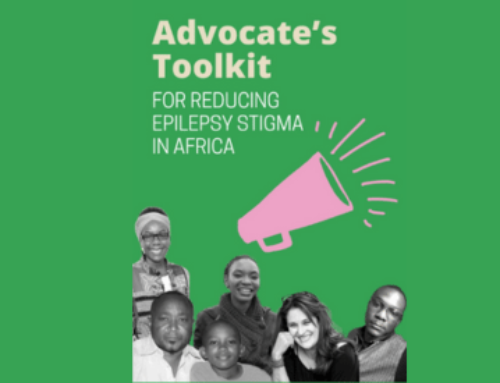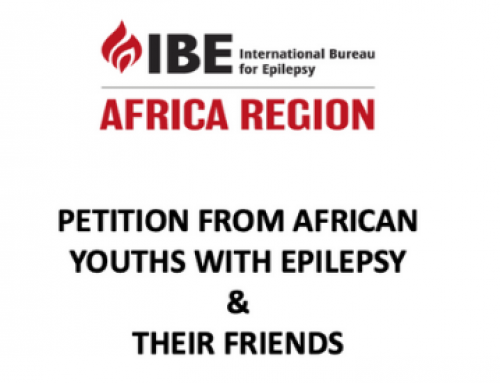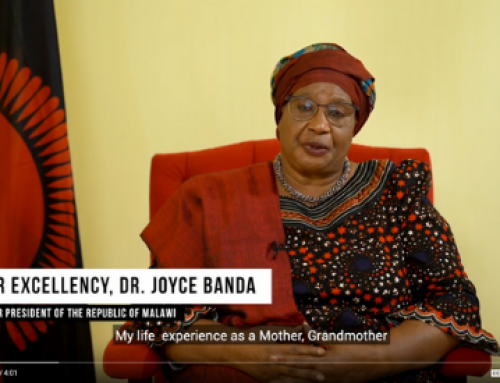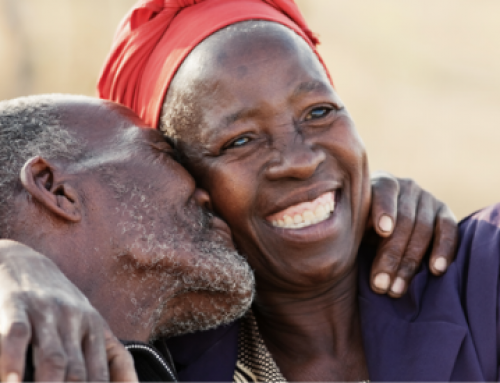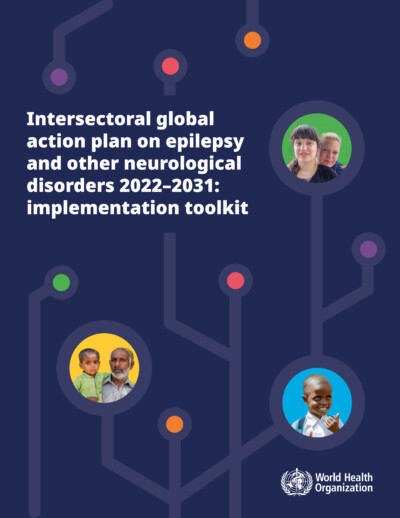 WHO has today published a new implementation toolkit for the Intersectoral global action plan on epilepsy and other neurological disorders (IGAP), outlining specific actions and resources for countries to improve services for people with neurological disorders in preparation for meeting IGAP’s targets for 2031.
WHO has today published a new implementation toolkit for the Intersectoral global action plan on epilepsy and other neurological disorders (IGAP), outlining specific actions and resources for countries to improve services for people with neurological disorders in preparation for meeting IGAP’s targets for 2031.
Neurological conditions are a primary cause of poor health and disability globally. The availability of services for these conditions is inadequate, particularly in low- and middle-income nations. Globally, individuals with neurological conditions face challenges in obtaining treatment and rehabilitation, and often encounter discrimination and violations of their human rights.
IGAP, unanimously adopted by the Seventy-fifth World Health Assembly in 2022, outlines a comprehensive strategy to enhance services. This includes fortifying policies, systems, and services, increasing awareness, diminishing discrimination, and encouraging research and innovation. The plan establishes ten targets for countries to accomplish by 2031, with the backing of national and international partners and the WHO Secretariat.
The implementation toolkit serves as a key resource for individuals engaged in the development of neurology policies and services. It is primarily intended for use by policy-makers at national and subnational levels as well as programme managers and service planners across various sectors such as health, social services, education, environment, finance, employment, justice and housing.
The toolkit is designed to correspond to the IGAP strategic objectives, focusing on 5 strategic areas:
- prioritization and governance
- diagnosis, treatment and care
- promotion of brain health and prevention of neurological disorders
- research and information systems
- approach to 6 specific high-burden neurological disorders.
The implementation toolkit is intended to be a “go-to” resource for those involved in IGAP implementation in countries. It lists actions and suggests tools and resources that can be utilized to realize fully the vision of IGAP and progress towards achieving the 10 global targets of the action plan. It is primarily intended for use by policy-makers at national and subnational levels as well as programme managers and service planners across various sectors such as health, social services, education, environment, finance, employment, justice and housing. The toolkit is also relevant for academics and the donor and development community as a blueprint for meeting the targets in the action plan. People with neurological disorders, their carers and families and associations that represent them are an essential part of the implementation process and are placed at the heart of all actions.
Related links
Intersectoral global action plan on epilepsy and other neurological disorders (2022-2031)
Improving the lives of people with epilepsy: a technical brief
Optimizing brain health across the life course: WHO position paper
IGAP Unpacked
Did you know IBE has developed a resource to serve as a practical guide for our chapters and epilepsy advocates to support IGAP-related activities?
“IGAP Unpacked” offers our regions and chapters:
- a compact translation of what IGAP is and why it is important for our global community
- how IGAP can be successfully leveraged as a policy framework to make epilepsy a global public health priority
- concrete recommendations for IGAP-directed policy advocacy and implementation actions
- key facts and figures around epilepsy and links to important resources in the field
The guide is available in English, Spanish and French.

